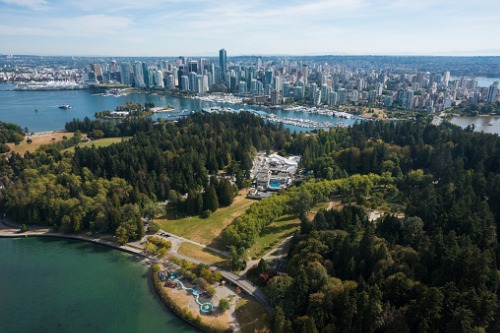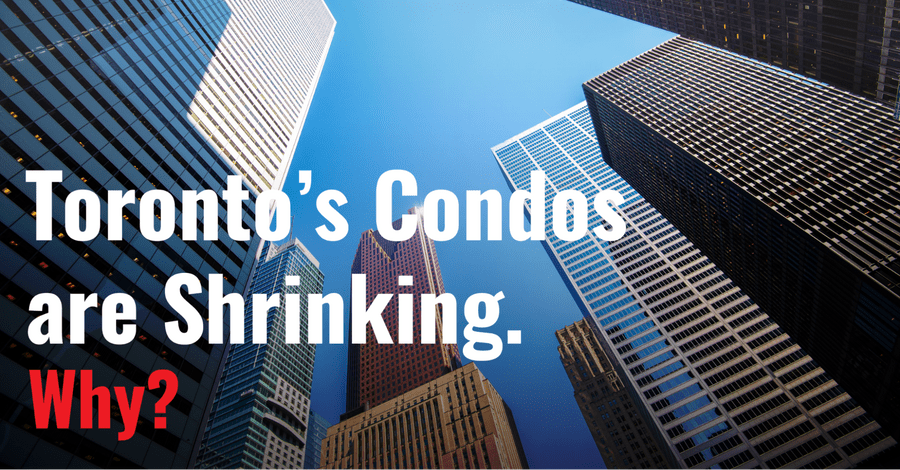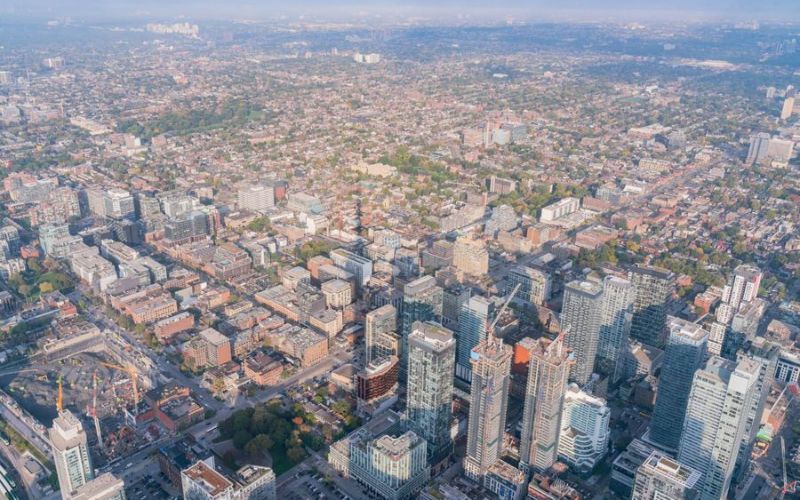Trying to put a positive spin on Vancouver’s luxury property prices—where a two-bedroom, 1,831 square foot condo costs $2,660,000—is a tall order.
Sure, in Monaco, a three-bedroom apartment in the District de Fontvieille will go for $14,897,938, and in Hong Kong a three-bedroom apartment on Kennedy Rd. goes for $13,635,200—making that downtown condo in Vancouver look like a bargain.
However, the population of Vancouver proper in 2017 was 675,218, and presuming it has hitherto increased, it will likely only be a marginal boost. Monaco’s population is considerably less, but it’s a known playground for the wealthy. In 2017, Hong Kong estimated its population was 7.392 million, so how does a two-bedroom unit go for over $2 million in Vancouver?
“[Comparing Vancouver to global markets] is totally incongruent,” said Robert Mogensen, a broker with The Mortgage Advantage. “Vancouver is a branch office city, not a head office city, for one thing. It’s not a central banking city like those other world cities, so to compare it is ridiculous. Is it a pleasant place to live? Yes. Is it great for proximity to the mountains for skiing, or for going golfing? Yes. But it’s still a branch office city.”
Point2 Homes recently made the comparison, and while it does have merit—Vancouver is a global real estate staple and prices are a relative bargain compared to those found in London, New York and Paris—it begs the question: Why are prices so expensive in a city with fewer than one million residents?
“Vancouver is very attractive because you can dump your money here and you pay a modest amount of property tax, and because you don’t work here you don’t pay our high income taxes. It’s perfect for someone looking to shelter their money in a safe place,” said Mogensen.
“There’s no reason for a city like Vancouver with a general population and income base here—I mean real Canadian income base—to have prices where they are. The average Canadian worker can’t afford to buy accommodations in Vancouver, and even well-heeled couples with two professional jobs are being forced to look at condos or, at best, townhomes because single-family homes are so far out of reach. There’s something wrong with this picture.”
To elucidate his point, Mogensen noted that a client of his is a doctor and, along with his wife, should be living in a Shaughnessy single-family home in West Vancouver, but instead lives in an eastside townhouse.
“If you have surgeons who can’t afford to live in the most desirable parts of a city, there’s something wrong with that.”
Neil Sharma is the Editor-In-Chief of Canadian Real Estate Wealth and Real Estate Professional. As a journalist, he has covered Canada’s housing market for the Toronto Star, Toronto Sun, National Post, and other publications, specializing in everything from market trends to mortgage and investment advice. He can be reached at neil@crewmedia.ca.









